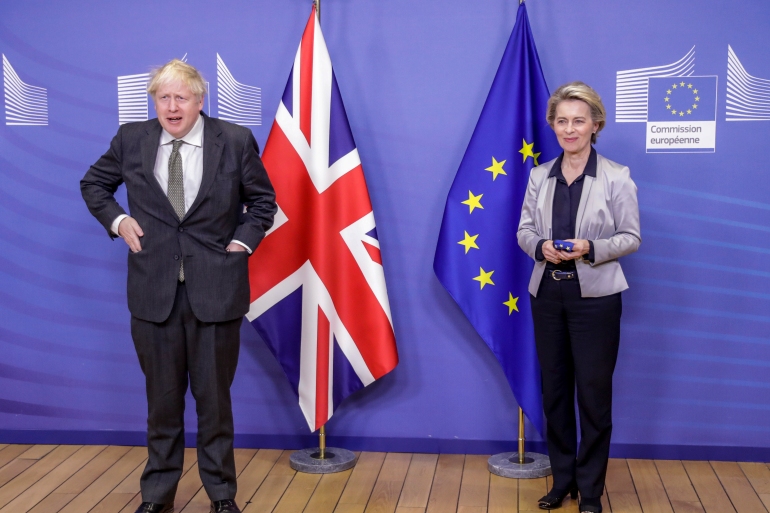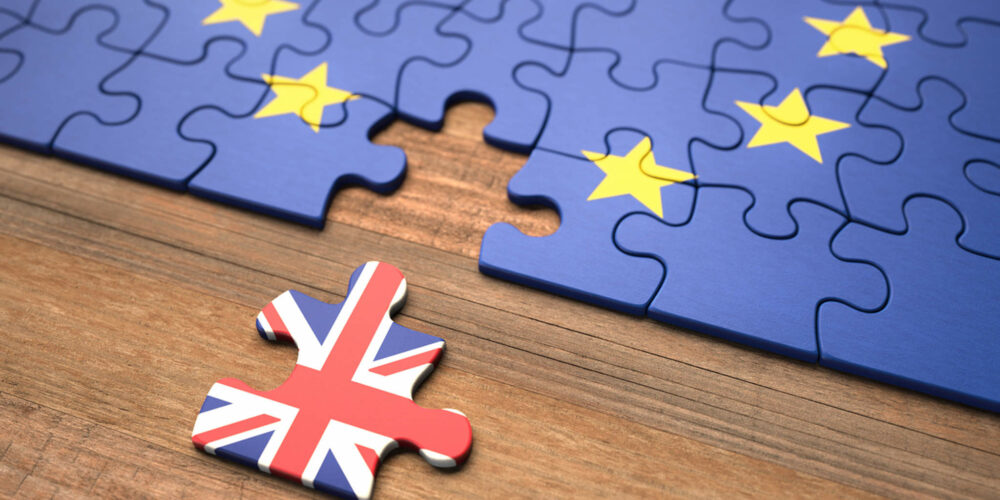In her column in the Business Post on 3 October the former Blueshirt minister Lucinda Creighton argued in favour of further EU expansion into the Balkans. She did so in terms that would have been familiar to those drafting English or British policy on Ireland any time in the past five hundred years.
She argued that unless the EU incorporates the region, Russia and China will intervene. This, she claims, will lead to instability on the borders of the EU, which could cause trouble within the EU itself.
This is an old argument used by colonial powers to “justify” colonialism, i.e. the natives occupy a strategic position vis-à-vis the coloniser and are too weak to defend it against the coloniser’s rivals. It was used by the English and then British state in relation to Ireland, which was seen as a weak link, through which Spain or France could launch an invasion of Britain.
Following the Anglo-Irish Treaty and the creation of the Irish Free State, British policy remained the same. During the Second World War the British seriously considered invading the neutral Free State, lest it fall to Germany.

Creighton seems to believe in the “right” of the EU to incorporate all of Europe and is loud in proclaiming the benefits that EU membership and “European values” would bring to non-EU European countries. She would have us believe that the EU is on a “civilising” mission to less-developed countries. No mention of the EU supporting neo-Nazis in order to foist a pro-EU government on Ukraine, or the role it played in destabilising Yugoslavia. She is very much in the tradition of the Redmondite wing of Fine Gael, which always supported imperialism, only wanting a bigger cut for the Irish capitalist class.
One could argue that the ideology of the Irish state is in fact Redmondite, as even Fianna Fáil has shed any pretence of being anti-colonial or anti-imperialist. The vehemence with which RTE and the print media condemned Michael D. Higgins’s decision not to celebrate the partition of Ireland, and their uncritical support for the EU, show the level of pro-imperialist ideology that dominates establishment thought in Ireland. This reflects the subordinate relationship that the Irish ruling class maintains with both British and EU imperialism.
Brexit has weakened both Britain and the EU. To what extent is not clear, as the capitalist class in both centres seeks to form a new relationship. The Irish ruling class is also trying to deal with the fall-out from Brexit. How they will favour their relationship with one over the other will become evident over time.
Last month Simon Coveney leapt at the chance to attend the church ceremony in Armagh celebrating partition, like a vassal paying fealty to his feudal lord, in this case British imperialism. At the same time he was engaged in a Twitter spat with the British Brexit negotiator, David Frost, in which Coveney upheld the primacy of the EU Court of Justice in overseeing the “NI Protocol.”
Despite the media spin, the protocol dispute has little to do with Ireland: it is a conflict between EU imperialism and a section of the British ruling class. Ireland merely provides the battlefield. Neither the Dáil nor the Six-County Assembly will have a say in the outcome.
The last time Ireland was the battlefield for a conflict between European powers was during the Williamite wars, and that didn’t end too well for us. Whether it is Ireland or the Balkans, the right of small European nations to chart an independent path is not accepted by the EU or the British.
However, we must take advantage of the rift between the EU and Britain to push the cause of national independence and socialism. We must challenge unblinkered media support for EU policies. We must also highlight the undemocratic situation whereby the EU and Britain will make decisions about Ireland over the heads of the Irish people.






